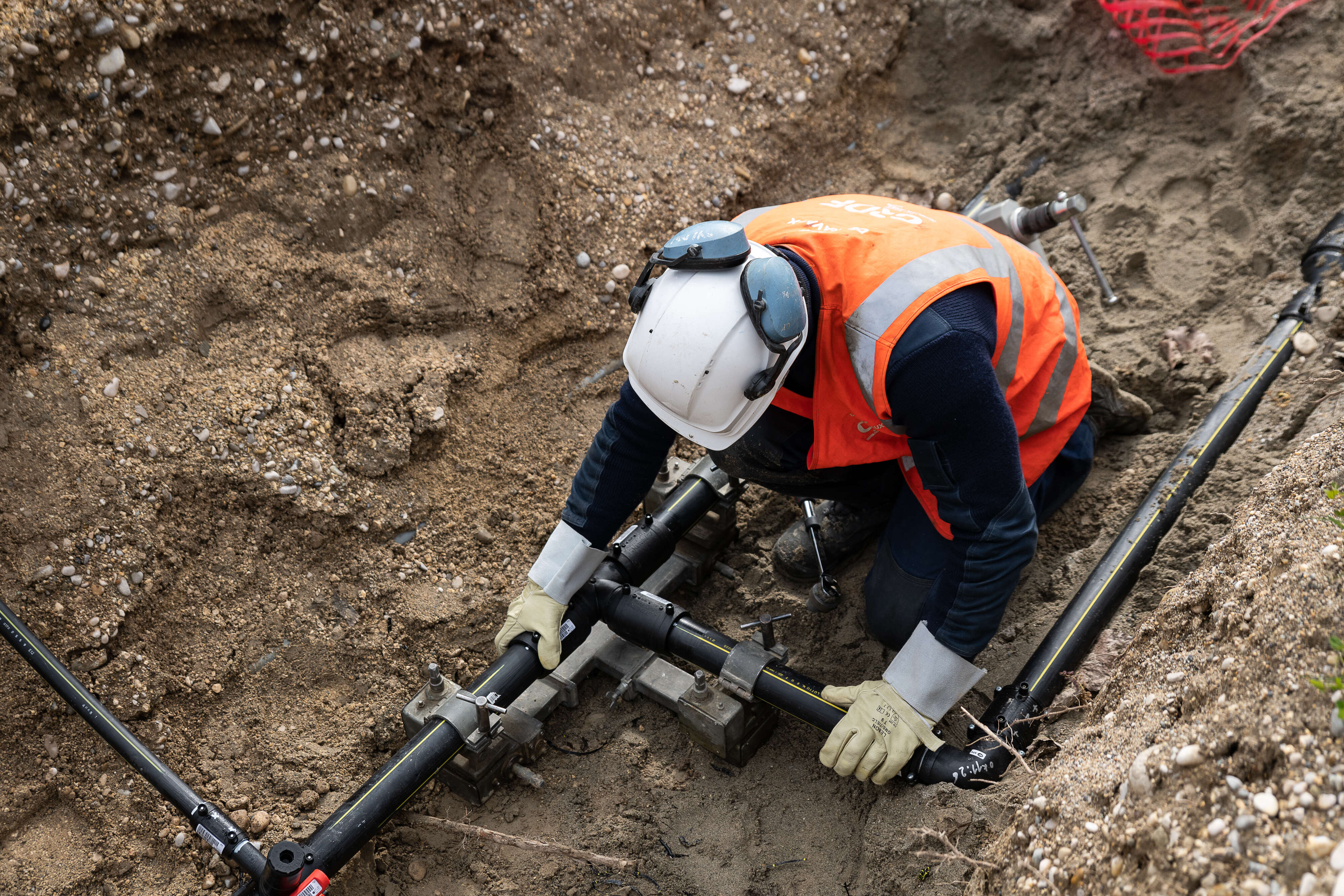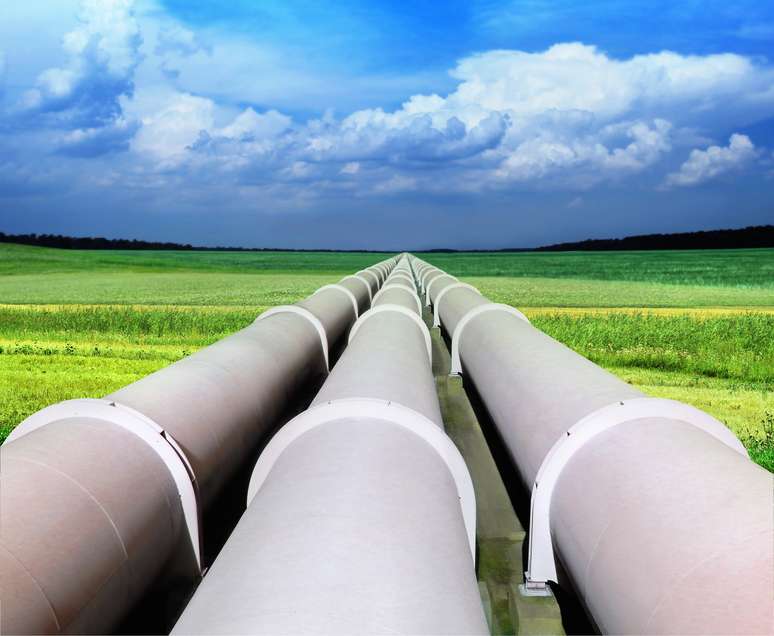Gaz Réseau Distribution France (GRDF) has built the world’s first fully sustainable gas pipeline in Clermont Auvergne Métropole. The latter is a French metropolis formed around the city of Clermont-Ferrand. GRDF on the other hand is the largest gas distribution system operator in France and Europe. The company is in charge of the development, maintenance and operation of an approximately 200,000-kilometer gas distribution network.
The development of the world’s first fully sustainable gas pipeline is part of a GRDF program to ‘green’ pipelines in parts of the region. The end game is to reduce the carbon footprint in the country. For starters, approximately one kilometre of the pipeline has been laid. This pipeline is spread across a total of three sites in the Clermont Auvergne Métropole gas network.
INEOS Group Limited entered into an agreement with GRDF for the manufacture and supply of the sustainable gas pipeline. The former is a British multinational conglomerate and one of the world’s largest chemical producers in the world. It is also a significant player in the oil and gas market and it has additional operations in packaging and food, construction, automotive, pharmaceuticals, textiles, and professional sports.
How the sustainable gas pipelines are made
In a press release, INEOS noted that the sustainable pipelines are made from bio-based, certified High-Density Polyethylene (HDPE). The HDPEs are supplied by INEOS Olefins & Polymers Europe and are made from wood processing residues. The residues, which come particularly from the paper industry, are transformed into tall oil, a bio-naphtha. Later, they are turned into bio-ethylene at INEOS in Cologne, an important supplier of raw materials to various industries.

While in this form, the product is transported to the company’s polymer plant in Lillo, Belgium, where it is used to manufacture the bio-based HDPE. The result is a polymer with a significantly lower carbon footprint than conventional, fossil-based polymers. Owing to this, according to INEOS, the polymer has been recognized by the International Sustainability and Carbon Certification (ISCC).
ISCC is an independent multi-stakeholder initiative and leading certification system supportive of sustainable, fully traceable, deforestation-free and climate-friendly supply chains.
World’s first fully sustainable gas pipeline certified by ISCC
INEOS revealed that ISCC certified that the production of the pipes used in the world’s first fully sustainable gas pipeline met ISCC Plus standards. This is all thanks to the replacement of the use of fossil fuel-derived feedstocks to produce the new material.
Most importantly according to INEOS, the bio-polymer has the same technical characteristics as conventional polymers. Therefore, it enables “a partner like GRDF to meet the highest standards of safety whilst reducing the environmental impact of networks it operates. Additionally, it creates the potential for the innovation to be repeated for other gas and water pipelines.
What will the world’s first fully sustainable gas pipeline transport
The bio-based certified polyethene pipes will be used to transport bio-methane, a bio-based gas. As a result, the project will up the decarbonization drive in Europe in general and France in particular. This is according to Alexandre Pierru, the Innovation Project Manager at GRDF.
Also Read
First commercial Biomethane plant in Indonesia starts operation
€47.4 Million Invested in a Biomethane Plant by Sao Martinho
